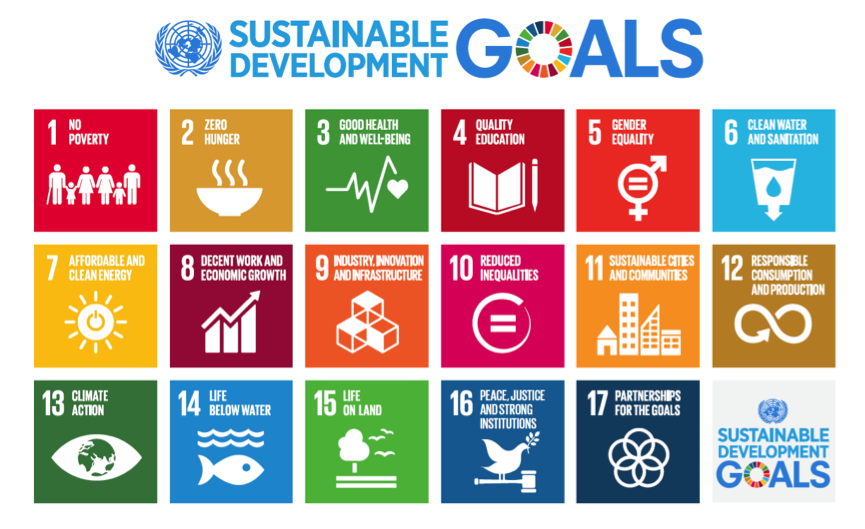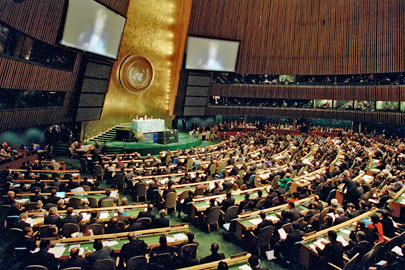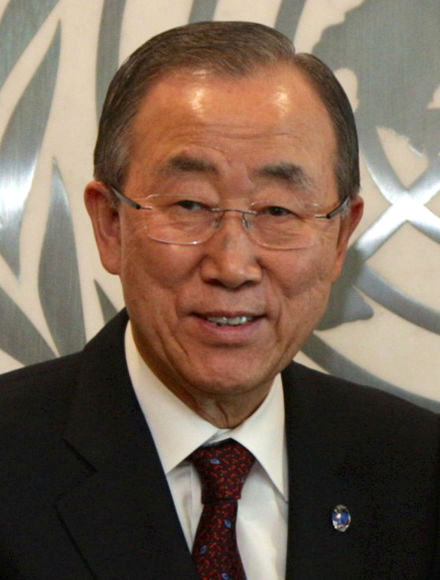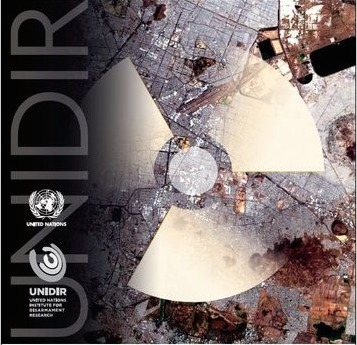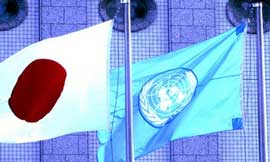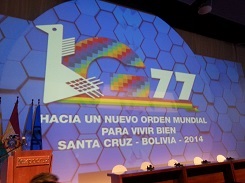UNITED NATIONS (IDN | UN News Centre) – The buzz and excitement about global development are intensifying at the United Nations, as world leaders begin arriving in New York to launch a landmark new framework that will aim to end poverty and build a life of dignity for all, leaving no one behind.
FAO Stresses Importance of Investment in Rural Livelihoods
By Jaya Ramachandran | IDN-InDepthNews Report
ROME (IDN) – A senior UN official has stressed close links between conflict, imperilled rural livelihoods and migration, pointing out that “rural development and food security are central to the global response to the refugee crisis”.
FAO Director-General José Graziano da Silva said in a web posted statement on September 24: “The millions of people who are being forced to flee from war, poverty and other hardships are a tragic reminder of the urgent need for peaceful solutions based on social justice and improved economic opportunities for all. Key to achieving this is the protection of and investment in rural livelihoods.”
Japan and Kazakh to Facilitate Entry into Force of Nuclear Test-Ban Treaty
By Kanya D’Almeida | IDN-InDepthNews Analysis
UNITED NATIONS (IDN) – Ahead of a major international conference on September 29 at the UN headquarters in New York, pressure is mounting on the eight states whose backing is vital to the entering-into-force of the Comprehensive Nuclear Test-Ban Treaty (CTBT): China, the Democratic People’s Republic of Korea, Egypt, India, Iran, Israel, Pakistan and the United States.
UN High Level Forum Pleads for Culture of Peace
By J R Nastranis | IDN-InDepthNews Analysis
NEW YORK (IDN) – The United Nations General Assembly deliberated on peace and non-violence at the UN headquarters in New York on September 9, making a significant contribution to fostering global citizenship at a point in time when the world is torn apart by multidimensional conflicts in all sectors of the globe.
At the fourth UN High Level Forum on the Culture of Peace, convened by General Assembly President Sam Kahamba Kutesa, senior UN officials and eminent peace advocates pointed out that peace neither meant absence of conflict nor did it automatically result from ending conflict, but rather from building societies that embraced diversity, equality, democratic participation and access to education.
Increasing Importance of Education for Global Citizenship
By Jaya Ramachandran | IDN-InDepth NewsAnalysis
NEW YORK (IDN) – When United Nations Secretary-General Ban Ki-moon launched the Global Education First Initiative in September 2012, “fostering global citizenship” was one of his three priorities, along with “putting every child in school” and “improving the quality of learning”.
Ban said: “Education is much more than an entry to the job market. It has the power to shape a sustainable future and better world. Education policies should promote peace, mutual respect and environmental care.”
As the international community moves toward adopting the post-2015 development agenda, popularly known as the Sustainable Development Goals (SDGs), the need for education for global citizenship is becoming increasingly important.
Because none of the goals impacting the Earth and its inhabitants can be achieved without people and governments around the world transcending narrow national interests and acting in the interest of the planet.
UN Gets Ready To Face Zero Hunger Challenge
By Valentina Gasbarri* | IDN-InDepth NewsAnalysis
ROME (IDN) – Despite significant progress made over the previous decades, persistent and unacceptable levels of malnutrition pose a formidable global challenge.
According to the UN Food and Agriculture Organization (FAO), the prevalence of hunger has declined since 1990. But some 805 million (1 out of 9 persons) remain chronically hungry, FAO data for 2012-2014 shows.
UN Report Faults Humanitarian Vigilance In Response To Nuke Detonations
By Jamshed Baruah | IDN-InDepth NewsAnalysis
BERLIN (IDN) – About 22,000 nuclear weapons continue to threaten humankind’s survival nearly 70 years after the atomic bombings of Hiroshima and Nagasaki, and more than 2,000 nuclear tests have been conducted to date, according to the United Nations Office for Disarmament Affairs (UNODA). But the world is far from prepared to effectively respond to nuclear weapons detonations, “even at basic levels of preparedness, let alone a large-scale nuclear war”.
This perturbing view has been expressed in a study by the UN Institute for Disarmament Research (UNIDIR) undertaken in cooperation with OCHA (Office for the Coordination of Humanitarian Affairs) and UNDP (UN Development Programme) ahead of the first International Day for the Total Elimination of Nuclear Weapons on September 26.
Development Includes Disaster Risk Management
By J C Suresh | IDN-InDepth NewsReport
TORONTO (IDN) – Two thousand cities around the globe have signed on a United Nations global campaign – launched in 2010 for a period of five years until 2015 – to take on the challenge of integrating disaster risk management into their development processes.
The global campaign, Making Cities Resilient: My City is Getting Ready! is promoted by the UN Office for Disaster Risk Reduction (UNISDR). Presently, about 25 per cent of the participating cities are located in the Americas, and approximately 11 per cent (or 226) of all cities are situated in Brazil.
G77 Summit Set To Influence UN Negotiations
By Martin Khor* | IDN-InDepth NewsAnalysis
SANTA CRUZ (IDN) – The Declaration of the G77 Summit held in Santa Cruz on June14-15 has sections on three prominent issues that are presently the subject of negotiations at the United Nations – the Millennium Development Goals, Sustainable Development Goals and the UN’s Post-2015 Development Agenda.
The Declaration should thus have significant influence on the UN negotiations since it reflects the positions of the G77 and China, at highest political level, and these positions can be expected to be maintained by the Group during the negotiations on these three issues.
Sri Lanka Remains Committed To Reconciliation
By Kalinga Seneviratne* | IDN-InDepth NewsAnalysis
COLOMBO (IDN) – Rejecting the resolution passed at the UN Human Rights Council (UNHRC) on March 27 to mount an ‘independent’ international investigation into alleged human rights violations in Sri Lanka, President Mahinda Rajapkase said that Sri Lanka would continue with its own reconciliation process that was started after the Liberation Tigers of Tamil Eelam (LTTE) was defeated in May 2009.
The resolution, which was adopted by 24 votes to 12 with 12 abstentions, has been described by the government as a lop-sided vote where most of those voting for it were Europeans. “The EU votes as a block and the US had more than a dozen votes already in the bag while we started with none,” Rajapakse pointed out in a meeting with foreign media representatives in Colombo.

